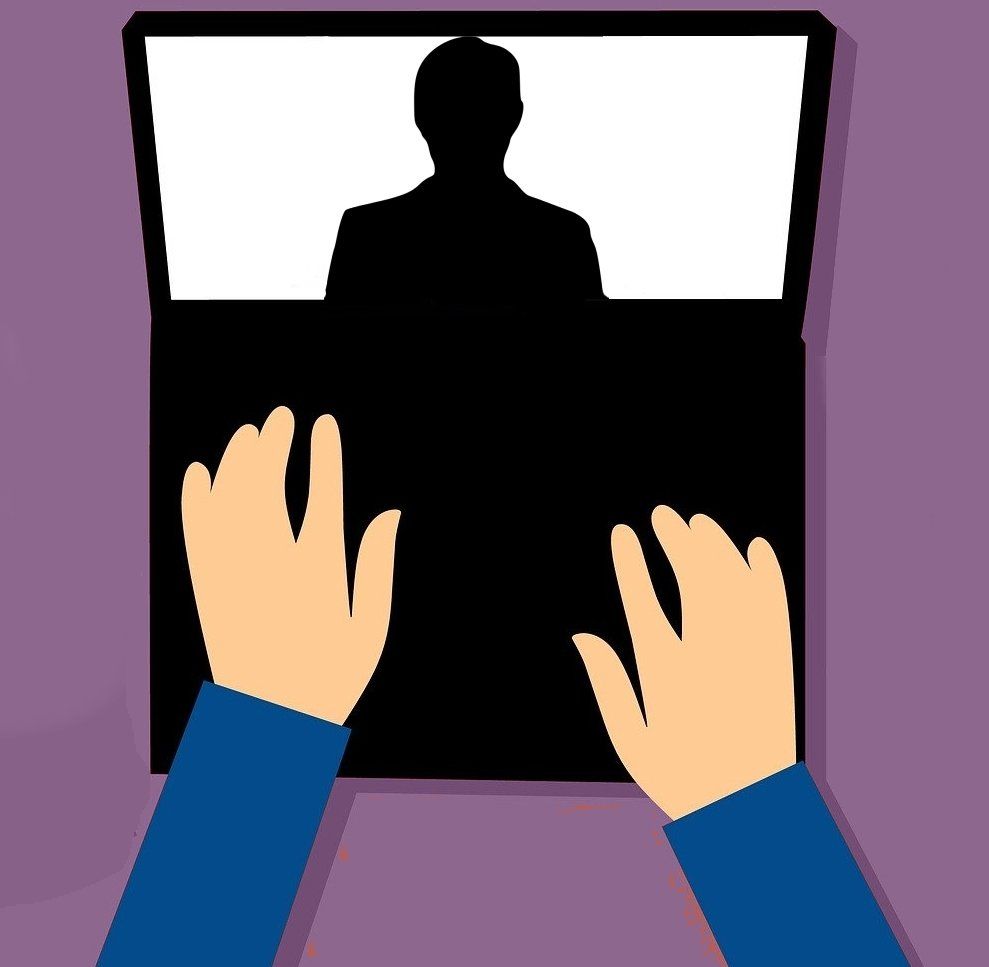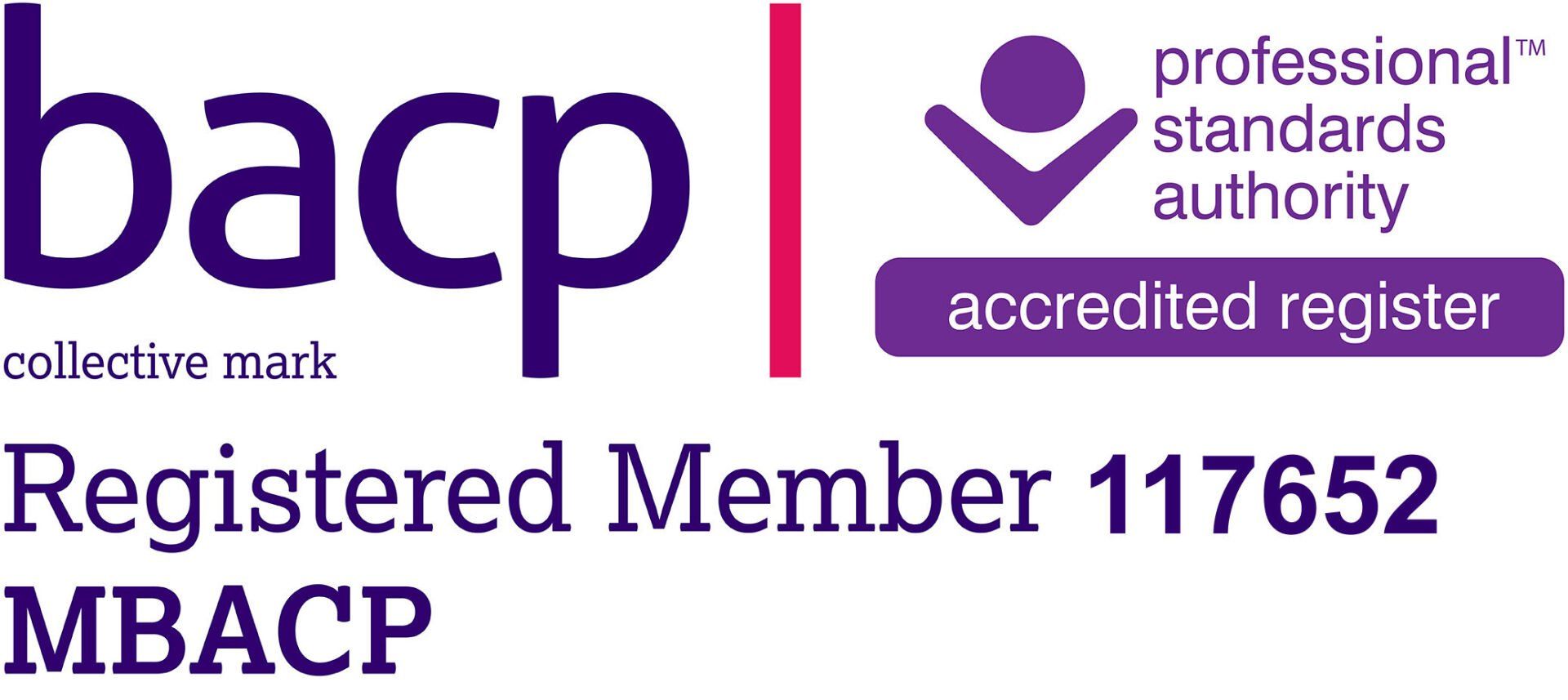Why only video sessions?
If you're worried about security:
August 2023: There was some kerfuffle recently about Zoom's security, and whether they were eavesdropping on meetings and using that to train AIs. Zoom responded that this was "opt-in" by the users (which, of course, I never did) and applied to content (video recordings etc.) rather than actual meetings. Basic Zoom calls are all encrypted with fairly industry-standard systems, but they still have vulnerabilities, in theory, because they go between us via Zoom servers.
There is an extra level of encryption called end-to-end, which is what things like WhatsApp use (if you remember all the noise when that came out, meaning ne'er-do-wells could do things in complete secrecy). Zoom has this as well as an option, and I've enabled it for all meetings. It means you can't join meetings from the Zoom webpage (you need the PC client or phone/tablet app), and I can't use live captioning any more. But it means all our meetings happen without going through Zoom servers at all (hence end-to-end), and that's about as secure as it can be.
It doesn't change how you connect to Zoom, so for all intents and purposes you won't notice anything.
There are lots of advantages to online sessions
There are actually many advantages and few disadvantages to video sessions, if they're done properly. Some of the things which might be putting you off probably aren't how you imagine they'll be.
Advantages
- Video meetings for therapy are not the same as they are for work. You don't have to be on your best behaviour, you don't have the boss watching you and the other participant isn't judging you on your choice of wallpaper. If you're quite happy having a video chat with a friend or relative, it's more like that really. You should forget you're even on a video call at all once we get into the work.
- There's no problem with getting here, so sessions are an hour long and not ~two hours including travel. There's no risk of being stuck in traffic and losing out on a chunk of the session time you've paid for.
- If you're sick or you have to be with a sick child, you can still have your session if you're up to it. School holidays don't automatically have to break your work or mean you have to arrange child care.
- Busy business people who want to take the smallest time out of their day can just dial in from the office or from home.
- We can still use diagrams and worksheets by screensharing, so nothing of the experience is lost there.
- There's no danger of either of us catching anything from the other, or from anyone who has been in my office before you. Even if you take Covid out of that equation, there's coughs and colds and flu and Norovirus every year, which we could all do without.
- You can't bump into another client on the way in or out, if they or you happen to come to the office very early for their slot. This makes counselling truly confidential as nobody will ever see you attend sessions.
How it works
If you're not very good with technology
If you still want to meet in my office
I am very sorry, but I'm not offering this to any clients under any circumstances. If you want to see me in particular, I'm afraid it will be online.





